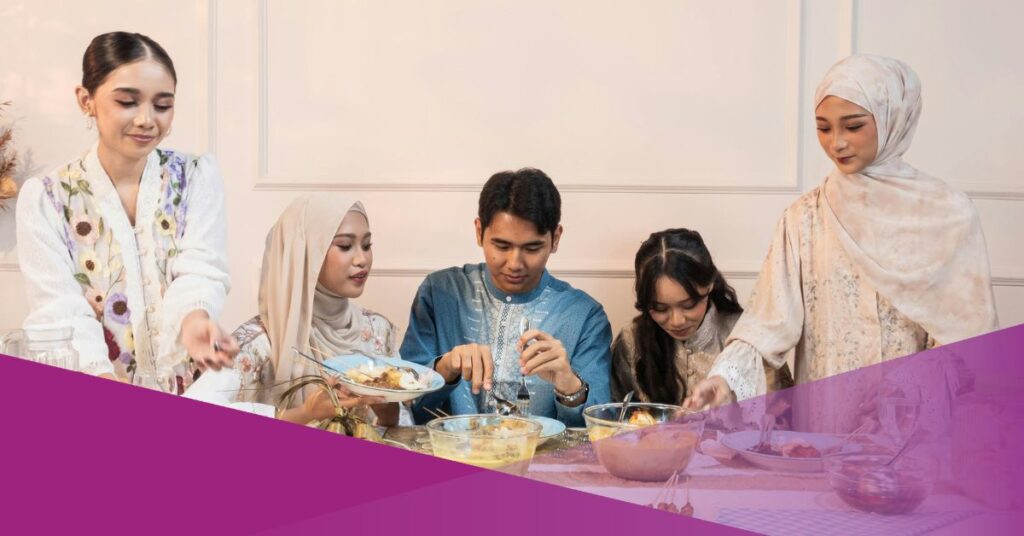A visiting Muslim tourist in Bali recently drew attention online after sharing his search for halal food on social media. In a video uploaded by @cyclenolimit, the traveller is seen approaching a traditional food stall selling Balinese specialities.
“I want to eat halal food in Bali,” he wrote in the video caption, before pointing at dishes displayed at the stall.
While Bali is famous for its culinary culture, many Balinese dishes are not halal because the majority of the local population is Hindu, and pork is commonly consumed. Among the most popular are Nasi Campur Babi Guling and Nasi Lawar, both of which include pork meat, skin, and offal prepared with Balinese spices.
@cyclenolimit saya ingin makan makanan halal di bali? #maroc #indonesia #fyp ♬ original sound – mofive30 – cyclenolimit
The stallholder, along with several nearby customers, kindly explained to the tourist that the food on offer contained pork. What followed sparked amusement across the internet: the locals struggled to find the right English word and ended up imitating the sound of a pig, saying “uwik-uwik.”
Community Honesty
The exchange did not stop there. At one point, someone attempted to explain in English but mistakenly said “baby” instead of “pig,” leading online viewers to laugh at the mix-up. One amused commenter wrote, “Salute, thanks for letting us know, but it’s funny that he said ‘baby’, he’ll think it’s a baby (human).”
Another comment praised the stallholders’ honesty: “Respect to that guy, he made sure you didn’t eat pork because he knows our fellow Muslims don’t consume pork.”
For many netizens, the video was more than just entertaining. It highlighted how the Balinese community went out of their way to prevent a visitor from unknowingly eating non-halal food. The moment also demonstrated how locals, despite language barriers, find creative ways to communicate.
How Muslim Tourist in Bali Finding Halal Food
For Muslim tourists, finding halal food in Bali requires some extra care, but it is certainly possible. Practical tips include using map applications such as Google Maps to search for “halal restaurant,” or locating mosques, where Muslim communities and halal vendors are often found.
For added assurance, visitors are advised to use Google Translate to prepare phrases such as “I don’t eat pork” or “I don’t eat pork meat” when communicating with stallholders. Paying attention to menus is also important, as many dishes like Babi Guling are centred around pork.
Travellers can also prepare backup food such as instant meals, fruit, or biscuits in case halal options are not immediately available.
While Bali is not as predominantly Muslim as other parts of Indonesia, halal restaurants are still widely accessible in urban areas, particularly around Denpasar, Kuta, and near mosques.



































